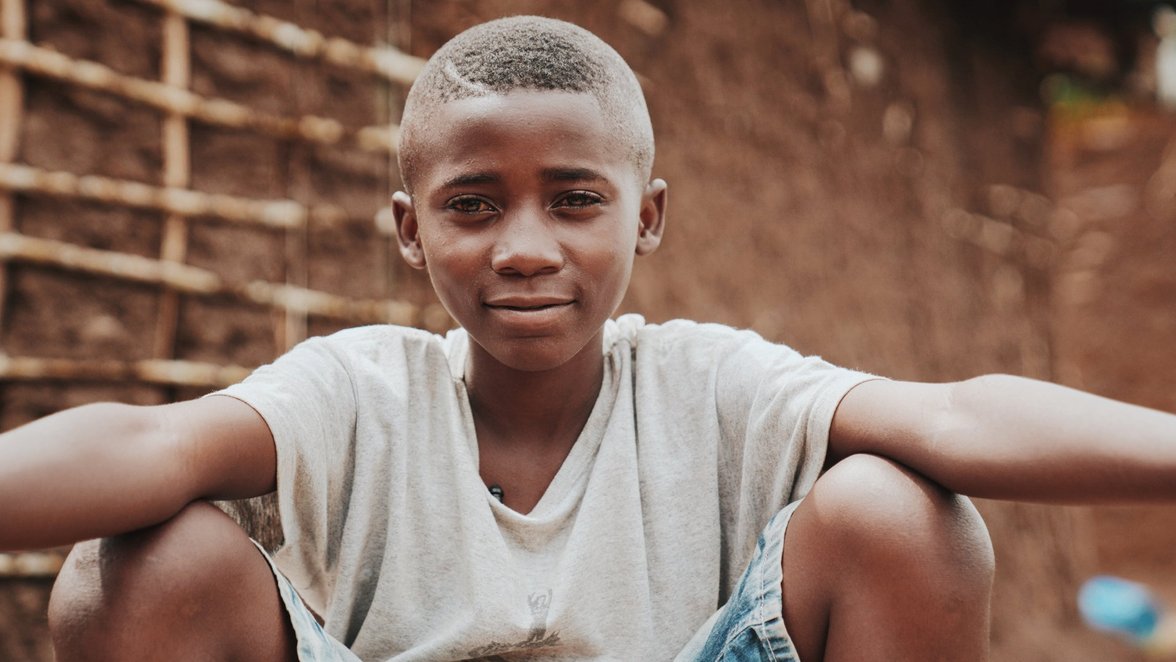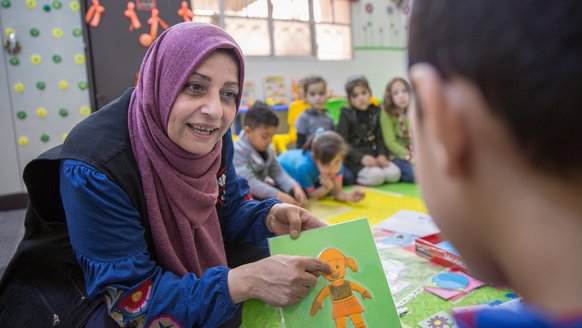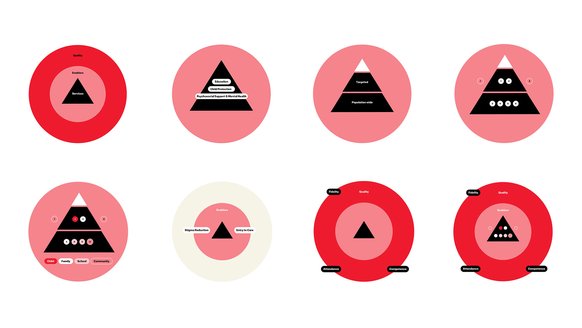Children: The hidden victims of COVID-19
Oct. 20, 2020

War Child and World Vision Australia will study the impact of COVID-19 on the mental and psychological wellbeing of some of the world’s most vulnerable children - those affected by armed conflict.
The international development agencies believe children are ‘hidden victims’, and that their futures are at risk of permanent damage as a result of the pandemic.
An estimated 10% of the world population[1] and 20% of children and adolescents currently live with a mental disorder[2]. This number increases significantly during a humanitarian crisis[3], with people with severe and chronic mental and neurological conditions (e.g. psychotic disorders) being particularly vulnerable.
Today, the movement of 99% of the world’s children is currently limited. As much as 60% are now in full or partial lockdown, and 1.5 billion are out of school.
Far-reaching effects
Stress and isolation are known to inhibit normal brain development - most notably among the very young. In the worst cases, this can lead to irreparable brain damage.
Those already living through humanitarian disasters such as conflict, face heightened danger, not only from COVID-19 but from the collapse of protective systems around them and the loss of normalcy and security.
Migrant and displaced children and families can additionally find it hard to understand vital information in a foreign language, fueling their anxiety all the more.
And as the world enters an anticipated deep and long-lasting recession, the marginalised will become increasingly so.
To deepen our existing knowledge, and assess the best support measures, researchers will focus on the mental health and psychological wellbeing of 800 girls, and boys affected by armed conflict in Colombia, the Democratic Republic of the Congo, Jordan, Lebanon, occupied Palestinian territories and South Sudan.
Consulting children
The study will concentrate on what children themselves think, as well as the views of experts, to learn what care and support has been available since the start of the pandemic - and how this differs between host, migrant and displaced populations.
We already know that almost everyone in a crisis experiences psychological distress. And when basic services, security, community and family support is restored, this distress usually improves over time.
It is increasingly clear that COVID-19 will have far-reaching consequences, and if we do not act now, the impact on children’s current and long-term mental health may remain hidden. Such hidden dangers, if ignored, could permanently damage our shared future.
[1] Patel, V. and S. Saxena (2014). “Transforming lives, enhancing communities — innovations in global mental health.” New England Journal of Medicine 370, no. 6:498-501; Helliwell, J.F., et al. (2013). World Happiness Report. Available at http://unsdsn.org/wp-content/uploads/2014/02/ WorldHappinessReport2013_online.pdf
[2] World Health Organization “10 Facts on Mental Health.” Available at http://www.who.int/features/fact les/mental_ health/mental_health_facts/en/; De Silva, M. and J. Roland, on behalf of the Global Health and Mental Health All-Party Parliamentary Groups (2014). Mental health for sustainable development. London, UK
[3] World Health Organization, 2005

